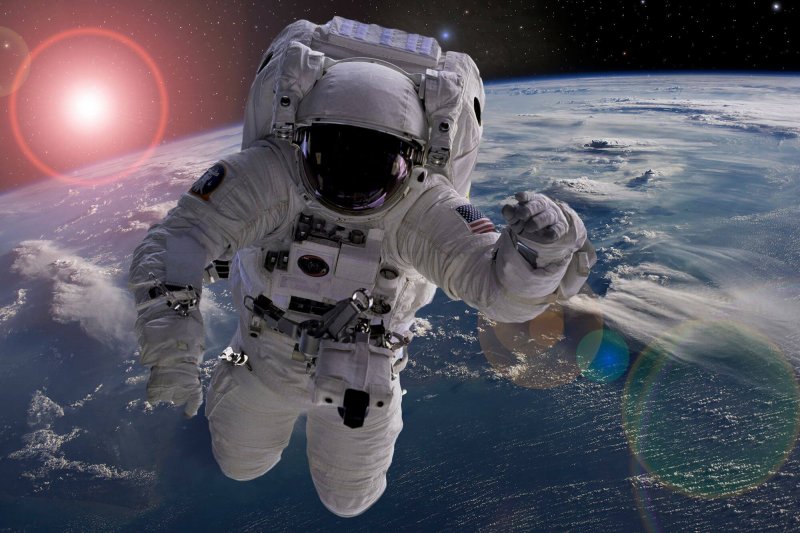[Geneticist Christopher Mason has developed] a “500-year plan for the survival of the human species on Earth, in space, and on other planets.”
As well as studying what happens to astronauts, it involves laying the genetic groundwork for humans to live among the stars.
…
[Mason:] So, 500 years from now, we’ll have two key things. I call these the twin engines of discovery. [The first is] a good list of candidate exoplanets to go to. In the past 10 years, thousands have been catalogued, including several hundred ‘Goldilocks’ planets.
The second thing that’ll happen is that we’ll discover a number of genes in the human genome and other genomes, that we could use to regulate our health, design medical treatments or engineer organisms that could survive a long space flight to another planet and survive on it.
And it’s not just for human cells. Microbial cells, of course, would be engineered to produce products, as they do for us now therapeutically. We’ll have a genetic tool kit that will let us counteract the ill effects of long-term space travel, and produce the things we need like food and fuel.































